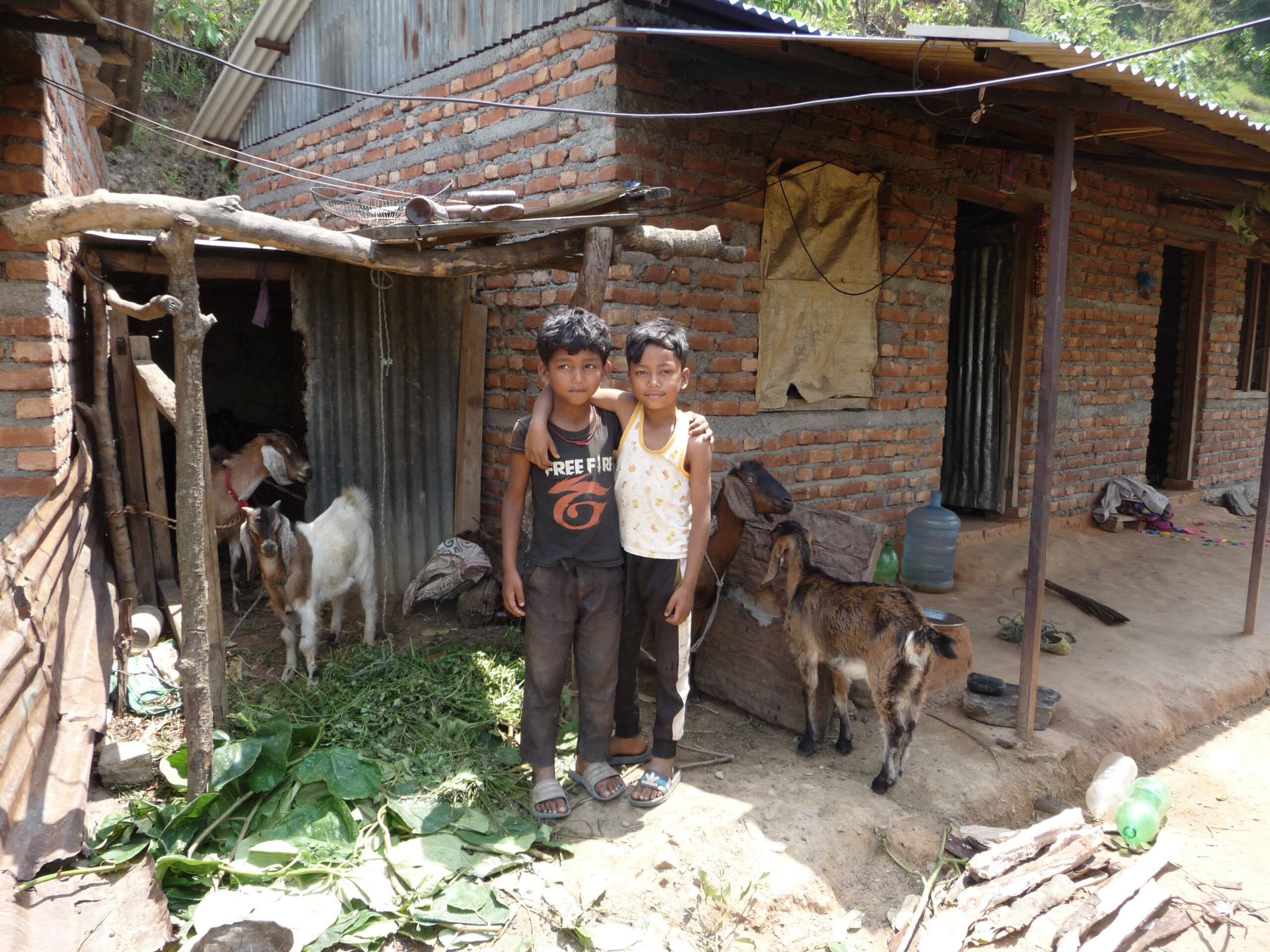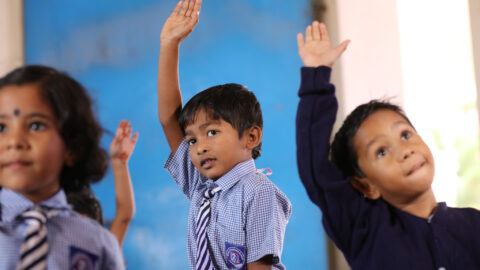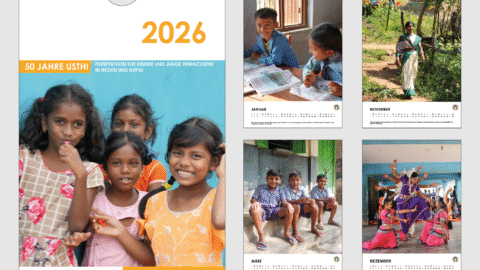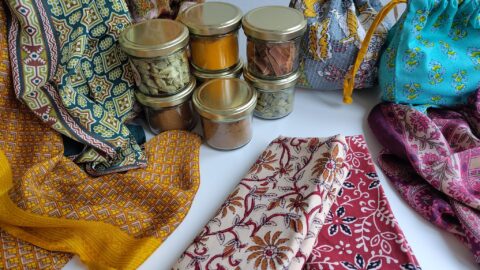The ethnic diversity and geographical location of the project region in Nepal poses a challenge for many families. In order to achieve a long-term and sustainable impact, Usthi does not only support children with access to education, but approaches local issues on several levels.
Dhading, the region west of the Kathmandu Valley, is mainly inhabited by Dalit and Chepang communities. Many of them are socioeconomically disadvantaged and barely integrated into society. The Dalit community which in the caste system is considered as “untouchable” is less widespread in Nepal than in India. The Chepang are among the most vulnerable indigenous peoples in Nepal.
Under these circumstances, parents often lack opportunities and interest in sending their children to school. At the same time, the geographic location alongside the highway and the workload at home often lead to children dropping out of school, working in the quarries or falling victim to human trafficking.
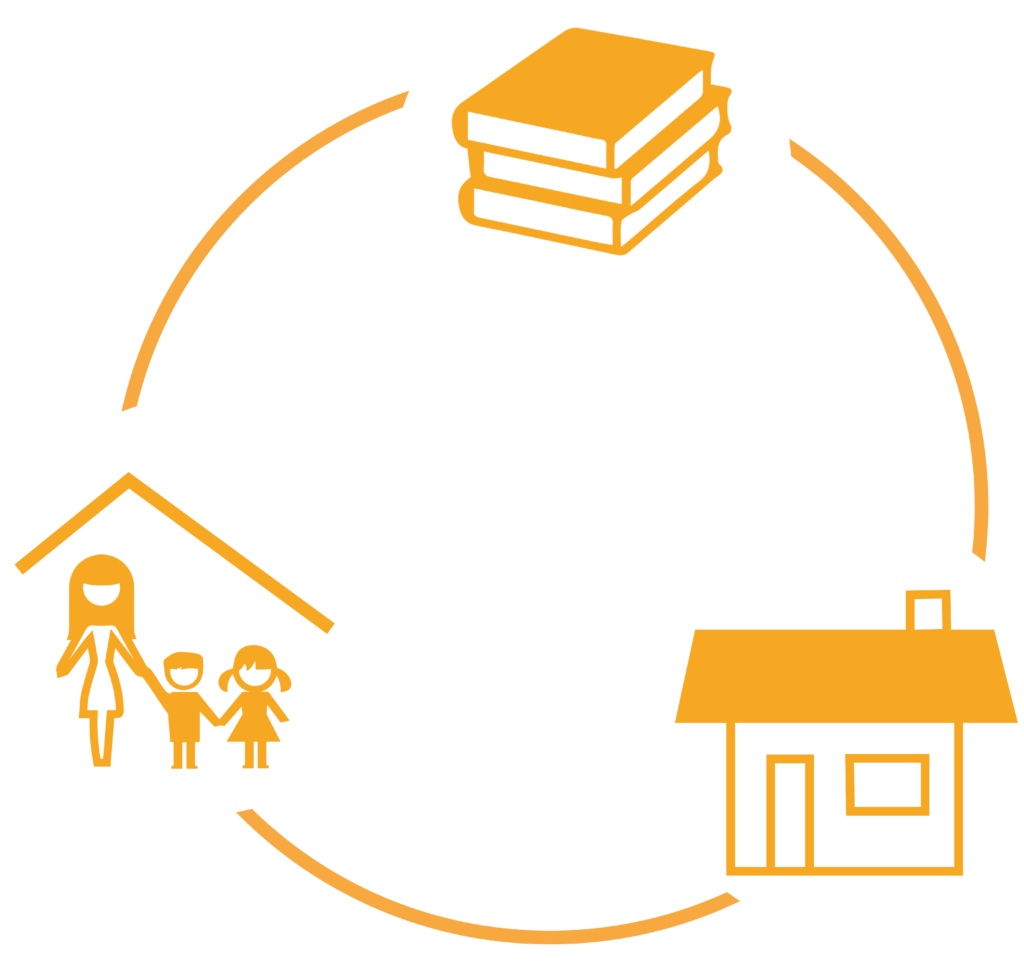
To address these issues, the project Empowering Children and Families follows a holistic approach:
Every year, more than 2,000 students benefit from improved educational quality in the project region. Schoolchildren are provided with school materials, teachers receive further training and the infrastructure at the schools is improved.
Crucial to the sustainable impact of the project is also the involvement of families. With the help of workshops, the local population is educated about topics such as child labor and child marriages and sensitized to the importance of education. Individual families receive targeted support in securing their livelihoods. In the long term, this enables them to finance their children’s education themselves, protects the children from child labor and prevents them from dropping out of school.
During the project visit to Nepal in April, the Usthi team spoke with the supported families. One of the women reports on the impact the support has had on her and her family:
“Through the project I received three goats. All of them quickly became pregnant and gave birth to four more goats. Owning them gives us the chance to improve our livelihood in the future.”
The motivation of the family members is key to the success of the support. Together with the parents, it is determined how they can better finance their livelihood and how they can be individually supported to achieve independence.
The economic empowerment also helps families to better integrate into society and participate more actively in community decision-making.
Education remains the most effective key to a self-determined life. Through such sustainable approaches, these people can succeed in breaking the poverty trap and thus a sustainable impact can be achieved.
